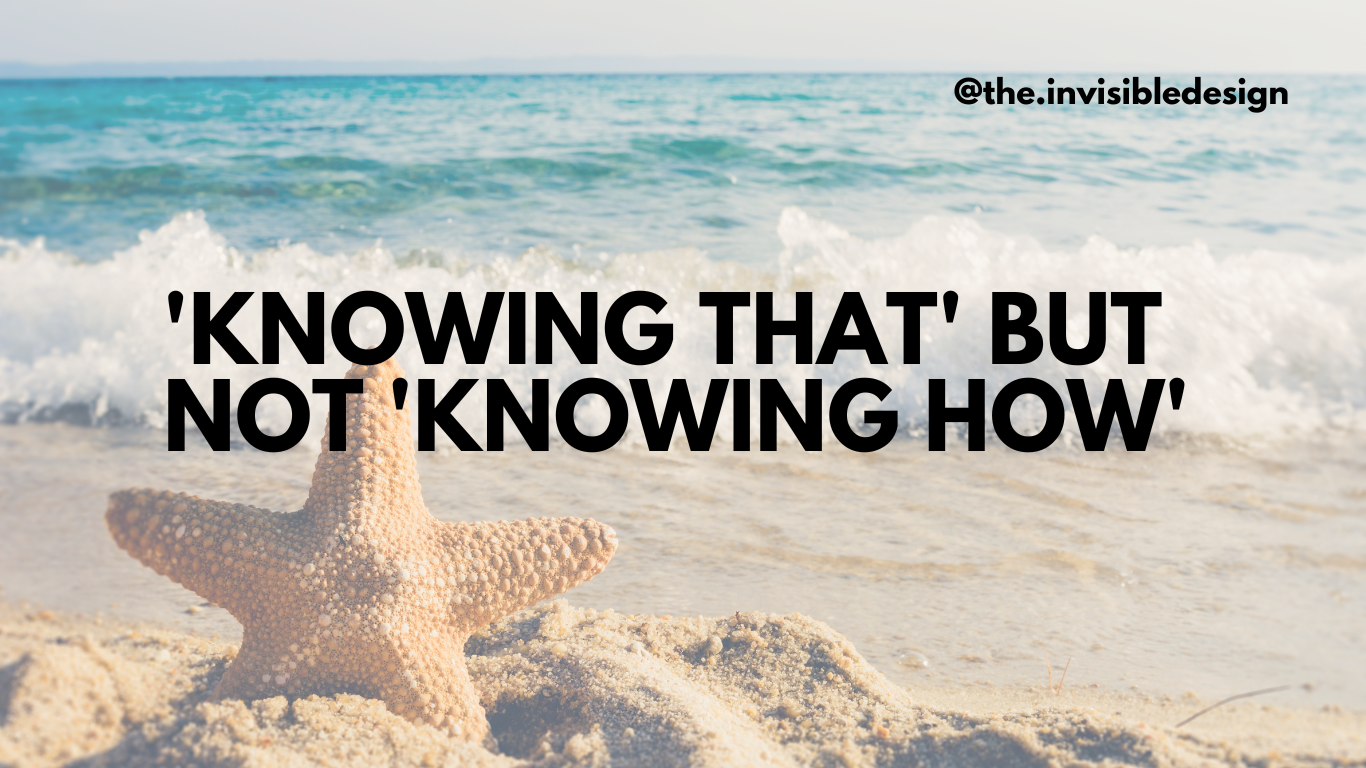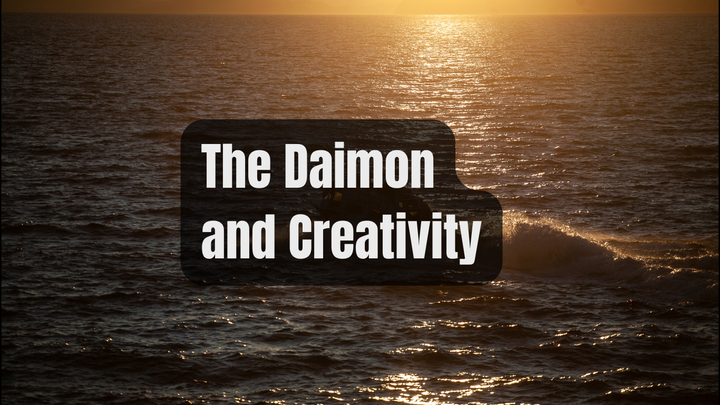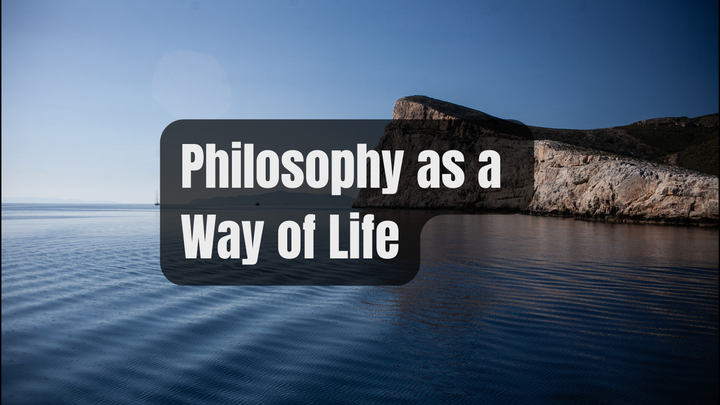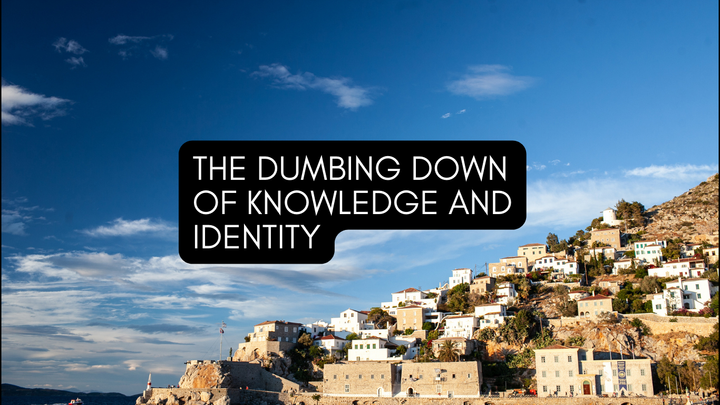'Knowing that' but not 'knowing how'
"Knowing that" refers to theoretical knowledge or factual information, while "knowing how" refers to practical ability or skill. Intelligence is not solely about theoretical contemplation but is rooted in practical action.

Gilbert Ryle, a well-known philosopher of the 20th century, introduced the idea of "knowing how" and "knowing that" in his 1945-1946 address to the Aristotelian Society.
"Knowing that" refers to theoretical knowledge or factual information, while "knowing how" refers to practical ability or skill. Ryle argued that intelligence is not solely about theoretical contemplation but is rooted in practical action. His ideas challenged the prevailing view that intelligence primarily involves internal acts of considering propositions. According to his views, practical performance is a direct exercise of intelligence.
Gilbert Ryle's paper has two main points:
- The first thesis suggests that practical knowledge (the know-how) is just as valuable as theoretical knowledge (the know-that). It’s a nod to the notion that rolling up your sleeves and getting your hands dirty is as noble as sitting back and theorizing about the cosmos.
- The second thesis takes it a step further by claiming that practical knowledge actually comes before theoretical knowledge. This is kind of a big deal because it flips the traditional view on its head. It’s not just about having information; it’s about connecting the dots, understanding it, which often comes from doing, experimenting, and sometimes, a bit of intuition.
Here's a summary (click to expand)
🧠 Main Concepts
- Intelligence is not just theoretical; it's exercised in practical performances.
- The prevailing doctrine: Intelligence = internal acts of considering propositions. Ryle's opposition: Intelligence involves practical actions, not just theoretical contemplation.
💡 Key Arguments
- No gap between intelligence and practice; intelligence is evident in both.
- Practical activities do not need a "shadow-act" of thinking to be intelligent.
- Intelligent thinking and doing share predicates like "clever," "stupid," etc.
🔄 Regressive Argument
- Intelligence cannot depend on ulterior acts of considering propositions; it would lead to infinite regress.
- Practical application of maxims should not require another layer of contemplation.
🛠️ Practical vs. Theoretical Knowledge
- Practical knowledge (knowing how) is not just theoretical knowledge (knowing that).
- Knowing how is often expressed through action, not just internal thought.
🎯 Examples and Applications
- Clever chess players exhibit skill without just theoretical knowledge.
- Good reasoners apply rules in practice, not just in theoretical contemplation.
📝 Intelligence Adverbs and Adjectives
- Terms like "shrewdly," "methodically," and "scrupulously" indicate the manner of performance, not additional acts of thought.
- Intelligence concepts belong to the category of modality (manner of doing) rather than substances or activities.
📚 Pedagogical Use
- Theoretical maxims and rules help novices learn practical skills.
- Knowing how to act cannot be reduced to knowing theoretical truths.
🎓 Educational Implications
- Training enlarges intelligence, unlike drill, which produces blind habits.
- Fields like mathematics, philosophy, tactics, and style are disciplines of knowing how, not just bodies of information.
Ryle's distinction resonates strongly today, especially in the context of modern education and professional development. The rapid evolution of technology and the increasing complexity of professional fields require a blend of theoretical knowledge and practical skills. This is particularly evident in product development and product management, where success hinges not only on understanding theories and principles but also on the ability to apply this knowledge in real-world scenarios. Modern product managers must navigate challenges and balance "knowing that" and "knowing how."
Many people spend a lot of time reading books, taking courses, and attending seminars to learn new concepts and theories. They gather a lot of theoretical knowledge, or "knowing that." However, when it comes to actually applying this knowledge in real-life situations, things often don't go as planned. The theories they learned don't always translate directly into effective action, revealing a significant gap between theoretical understanding and practical execution.
Ryle's argument centers on the idea that there is no gap between intelligence and practice. He believed that practical activities do not need a "shadow-act" of thinking to be intelligent. Instead, intelligence is evident in the performance of the activity itself. For instance, a clever chess player shows their skill through the moves they make during a game, not by constantly contemplating chess theories. Similarly, in modern society, we see many examples of this. A software developer may understand the theoretical aspects of coding, but their true intelligence is demonstrated when they solve real problems through practical application.
Ryle also discussed the pitfalls of relying too much on theoretical knowledge. He pointed out that intelligent thinking and doing share predicates like "clever" and "stupid," indicating that both involve a similar kind of understanding. Today there is a tendency to equate intelligence with the ability to understand and discuss complex theories. However, real-life success often depends more on the ability to apply this knowledge practically. Knowing how to do a certain thing.
People often think they know how to do something simply because they understand the theory behind it. But real-life applications can be vastly different. In the tech industry, for example, a product manager may understand the theoretical aspects of agile development, user experience design, and market analysis. However, successfully launching a product requires more than just theoretical knowledge. It demands practical skills in managing teams, adapting to unforeseen challenges, and making quick, informed decisions. This practical application - the "knowing how" - often involves filling gaps with assumptions, improvising new methods, and learning on the go because theoretical knowledge doesn't always translate directly into practice.
The disconnect between theory and practice can lead to situations where the actual execution of product development feels uncharted and unpredictable. Many product managers discover that their theoretical understanding ("knowing that") needs to be complemented with hands-on experience and practical problem-solving skills ("knowing how").
Practical knowledge, or "knowing how," cannot simply be reduced to theoretical knowledge, or "knowing that." While theoretical knowledge provides a foundation, it is the application of this knowledge that leads to innovation and success.
"Knowing how" is fundamental and cannot be reduced to knowing that. Effective "knowledge-that" involves knowing how to use it practically.



